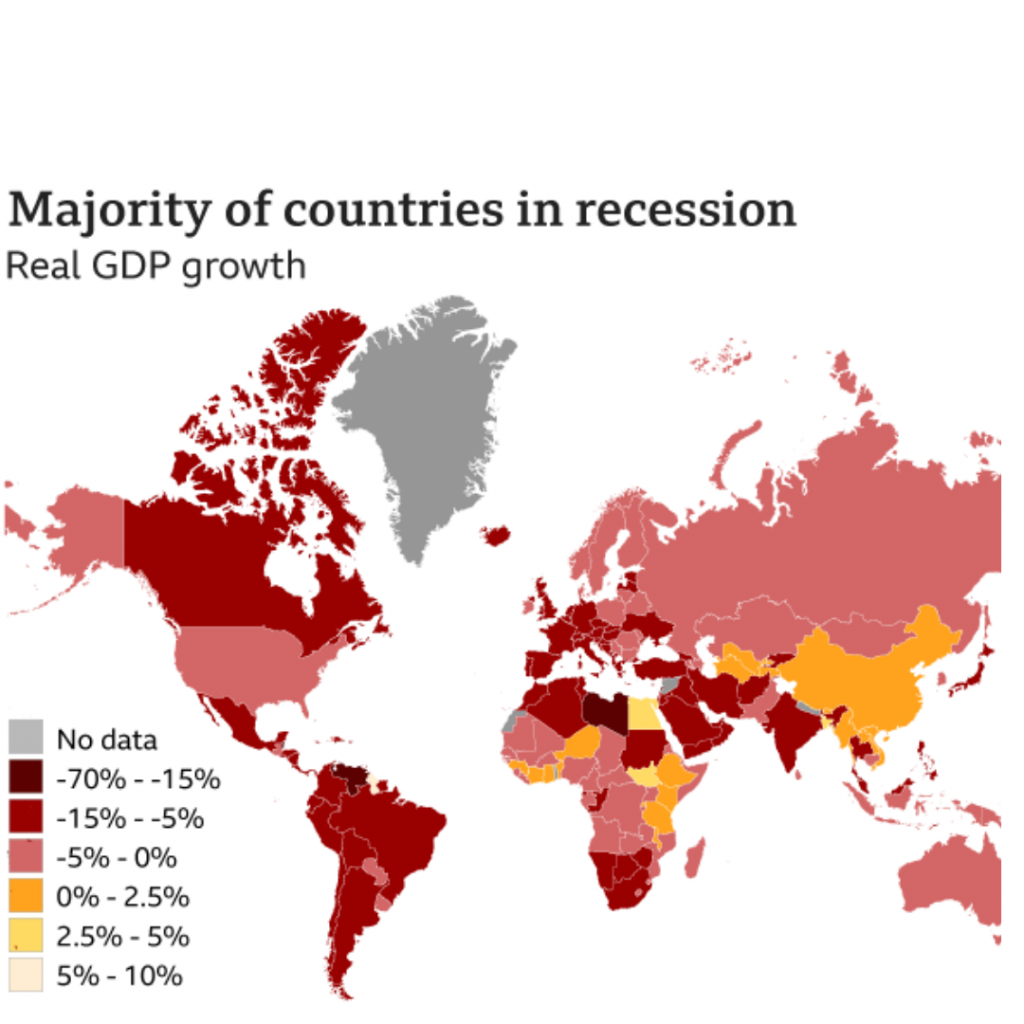Competition between enterprises offering similar products or services used to be eased by both parties finding innovative ways of keeping the attention of their customers and prospective clients. Nowadays, a company struggling to stay afloat can be likened to the overarching theme of Game of Thrones where you win or die.
Game of thrones arrested the attention of people of all ages and backgrounds worldwide, won multiple accolades, and remains one of the most globally streamed television programs in the world. And although the series is over, fans everywhere will agree that Game of Thrones is a pop-culture titan that has not been bested.
For relevance, I acknowledge that your enterprise is not a ten-part series on an HBO television set, but this article offers tips and examples of how to communicate to your audience and internal teams in times of crisis.
It posits that the right type of communication can position your organization as empathic, considerate, and dedicated to the greater good of its customers, clients, and workforce while the wrong type of communication efforts can have a negative effect.
Winter is Coming
In this article, the quote; “Winter Is Coming” refers to the shared struggle being experienced by enterprises of all sizes, their target audiences, internal teams, and stakeholders due to the global pandemic. It is true that crisis comes in different intensities and when in times of crisis, enterprise communications efforts have the power to fan the flames of an existing problem or to dissipate it.
COVID-19 has nurtured an atmosphere of anxiety, panic, uncertainty, depression, and a flurry of other challenges on a global scale. News broadcast stations and social media platforms worldwide have aired the realities of the pandemic on businesses, and daily life. And in consequence, negativity has permeated the minds, hearts, and narratives of people everywhere throwing whole economies into recession.

So, how should enterprises communicate when everything and everyone seems to be in a state of panic? This article will look at the communication tactics of two large enterprises to explain both right and wrong examples of communications in a time of crisis.
Case One: Access Bank
Access bank is one of Africa’s largest financial institutions with a workforce of over 30,000. And like most enterprises, it was faced with the unexpected and extremely challenging decision of maintaining profitability when there was no need for its loyal staff to be on the payroll at the peak of the COVID-19 pandemic.
Access banks’ response was to announce that it would be laying off workers citing low revenue as a reason for its rash but necessary decision. The intervention of the Central Bank of Nigeria (CBN) stayed the hand of Access Bank and other banks in tow. In reaction to the intervention of CBN, Access bank soon announced that it will cut salaries instead of laying off its employees but it would fire contact staff which accounted for about 75% of its workforce.
Access bank did a poor job of communicating to ease the frustrations of their staff and fulfill their internal teams’ needs for safety, security, and stability in a time where audiences and staff members needed the support more than ever before.
It is a known fact that poor communication in the workforce can result in failure, frustrations, confusion, and demotivation.

Case Two: MFS Africa
MFS Africa; the leading advocate of borderless payment systems via mobile money took a different approach when reacting to the effects of COVID-19 on its business’s profitability.
In support of all its 380,000,000 users, it reduced its charges on all payment transactions, and its top executives took pay cuts to lead by example and show its workforce that people matter to them.
MFS Africa showed a solid example of consideration by communicating empathy, care, and honesty, therefore, giving its workforce, customers, and target audiences the support they needed in a difficult time.
MFS Africa proved through action that it holds its workforce and its customers in high esteem and reiterated the notion that people are MFS Africa’s greatest asset.
In a time of sudden calamity, the proper type of communication should show a humanist face of any type of business, and empathy for internal, external teams and audiences should permeate enterprise discourse, communique, and engagement.
Therefore, enterprise communications and content messaging efforts should be concentrated on positivity, encourage customers, target audiences, and internal teams to look to the future where COVID-19 will be a thing of the past, and also offer value-adding information on workplace safety and personal safety.
All communication must carry a tone of empathy as people are gauging to see if enterprises care about their customers. So, communications effort should induce courage, not fear, build resilience and promote positive change.
In conclusion, enterprises must communicate positivity, be authentic, show a humanist face to their audience, stakeholders, teams, restore faith over time, and position their brands as one to be remembered for their good deeds long after COVID-19 is gone.





